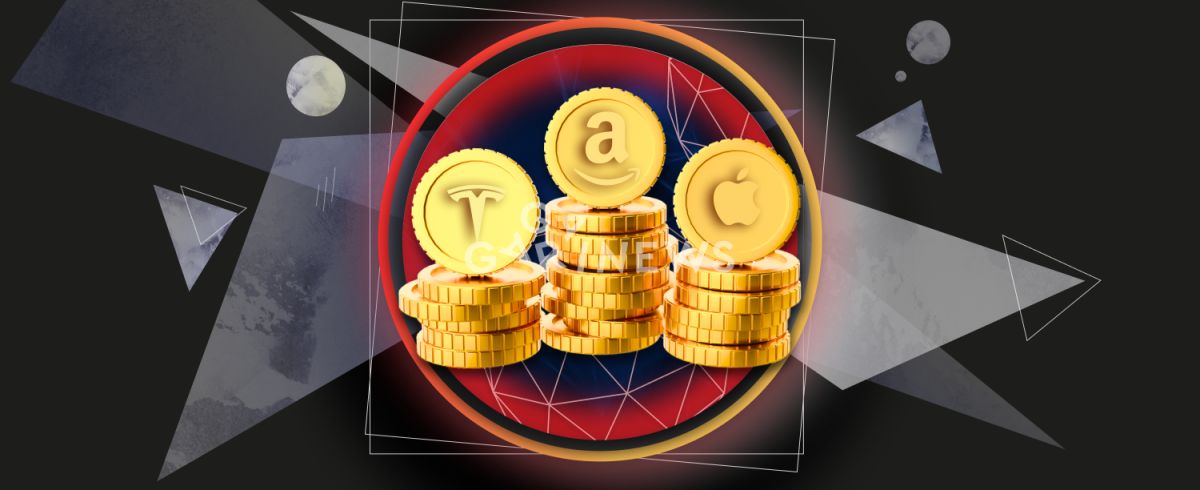What are tokenized stocks and how do they differ from traditional

When the first cryptocurrency appeared, many experts predicted a stock market downturn. However, they made a hasty judgment, as blockchain technology had the opposite effect on the traditional stock market.
A stock is a form of security that confirms its holder's right to receive profits from a company in the form of dividends. If a company becomes unprofitable, it reserves the right to pay dividends only after covering all losses. And in the case of business liquidation, the shareholder is eligible to claim a portion of the residual value of assets or property of the company.
In other words, it is a share in the ownership of a company. The shareholder is not only entitled to receive a portion of the profits but also, given a sufficient number of shares, to participate in the management of the company.
For a company, stocks are the means of attracting additional investment; for a shareholder, they may be not only dividend-paying assets but also profitable trading instruments. For this purpose, one should open a brokerage account in a bank or register on special trading platforms by undergoing the KYC verification procedure. Stocks are traded both on global stock exchanges and on highly specialized markets such as NASDAQ.
The main disadvantage of the stock market is a lot trading feature. A lot is a fixed quantity of shares offered as a trading unit as per schedule during the day (the schedule depends on the time zone of the country where the exchange is located). If the trader fails to close the position in time and wants to hold a position overnight, they must pay an overnight fee, also called a rollover fee.
Characteristics of tokenized stocks
Tokenization of stocks is the process of transferring ownership rights over stock from a physical asset to a digital token. Unlike stablecoins, tokenized stocks are tokens whose value is linked to the real value of a particular stock. They are classified as Security Token Offerings - digital assets whose price is confirmed by the company's stocks or real estate, or by precious metals. Technically, it’s a digital representation of stock based on smart contracts.
Digital stocks are traded on various exchanges such as Binance, FTX, Currency.com, and Bittrex. Technically, the procedure does not differ from standard cryptocurrency trading: registration on the exchange, KYC, balance top-up, etc. It's worth noting though that digital stocks are less volatile than cryptocurrency (apart from cases like Tesla, whose stocks have been down a few times in 2022).
Owners of tokenized stocks have the same rights as ordinary shareholders. In addition, digital stocks have a number of advantages:
- High transaction speed with blockchain technology;
- You can purchase tokenized stocks both with fiat currency and cryptocurrency;
- You can buy only a portion of stock.
- 24-hour trading (except for Binance, where trading is aligned to the NASDAQ schedule);
- Transaction fees are significantly lower than the stock markets' fees, and some platforms charge no fees at all.
Although digital stocks are considered a less profitable asset among avid crypto enthusiasts, tokenized stocks can safely be used as an additional tool to diversify one’s investment portfolio. This is a good step towards bringing together two different financial sectors, which once again confirms blockchain benefits.
What are tokenized stocks and how do they differ from traditional stocks?
Tokenized stocks are digital representations of traditional stock shares issued on a blockchain. They allow for fractional ownership and can be traded on digital asset platforms around the clock. Traditional stocks, on the other hand, are traded on stock exchanges within specific hours and typically require whole share purchases. Tokenized stocks differ from traditional stocks in terms of accessibility, liquidity, and the ability to trade outside of regular market hours. Additionally, tokenized stocks can offer investors the ability to own a piece of high-value stocks with a smaller investment.
Recommended

